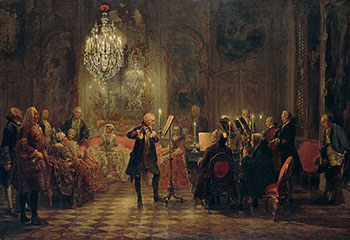Subscribe to the O’Reilly Radar Podcast to track the technologies and people that will shape our world in the years to come.
In this week’s Radar Podcast episode, author and entrepreneur Alistair Croll talks with musician and performer Amanda Palmer about the current state of the music industry and how she’s navigating her way through new platforms, crowdfunding, and an ever-increasing amount of data.
Here are a few snippets from their chat:
I’ve always approached every Internet platform and every Internet tool with the suspicion that it may not last, and that actually what’s very important is that the art and the relationships I’m building are authentic enough that even if the Internet disappeared tomorrow, or even if Facebook collapsed, or Twitter collapsed, or what have you, or all of our email went down, I’m not so reliant on the Internet itself that I couldn’t somehow piece things together.
I kind of had to come to terms with the fact that the machine still feeds what people listen to, whether it’s radio, or what gets licensed to films, or what music is playing when you walk into a shop. The ability of an artist to actually really get over that mountain, if you decide not to play the game, your hands are still pretty tied.
[Zoe Keating] was saying that an album for her is, she wants to make it all at one time and make one big statement and put it out, kind of like you would put out an opera. I’m deliberately trying to detach myself from that, and just say, ‘I wrote a song. I have this Patreon. I’m just going to put it out.’ At some point, maybe I will collect everything together so the mainstream media people of the world can have an Amanda Palmer record. But maybe that format really is dying.
I would love to believe that there is a really big, important X Factor that humans making machines cannot solve for. The same way I really don’t want to live in a world where we agree that because Google can scan every great artwork in the world and generate wonderful new masterpieces for our walls and our museums — why don’t we just agree that that’s not a good idea, and that we would rather live in a world with a more organic process? Which is not to say that AI is not useful, and machines are not useful, and that math is not useful. But where’s the fucking romance in algorithming ourselves to death?
You can listen to the podcast in the player embedded above or download it through Stitcher, TuneIn, SoundCloud, or iTunes.
Related:
- Music Science: How Data and Digital Content Are Changing Music — new free report by Alistair Croll on where music science stands today and where it’s headed.
- Music Science conference sessions at Strata + Hadoop World NYC — September 29 to October 1, 2015.
Public domain image on article and category pages via The Google Art Project on Wikimedia Commons.

